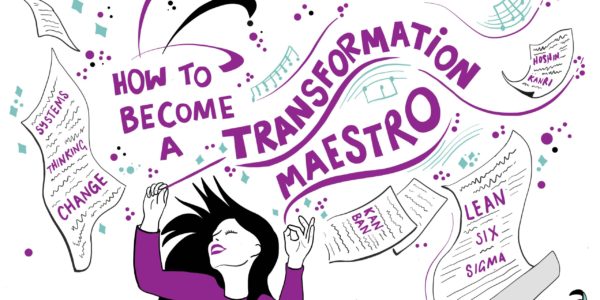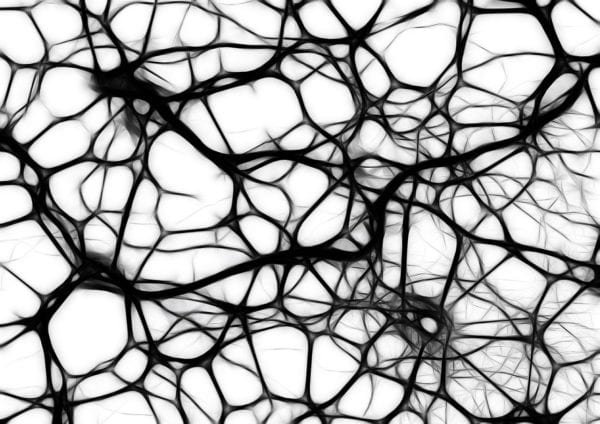Systems Thinking Examples
Systems Thinking is described by Peter Senge as “a discipline for seeing wholes rather than parts, for seeing patterns of change rather than static snapshots, and for understanding the subtle interconnectedness that gives (living) systems their unique character”. Systems Thinking examples include ecosystems, cars and human bodies as well as organisations! Systems Thinkers have taught…










